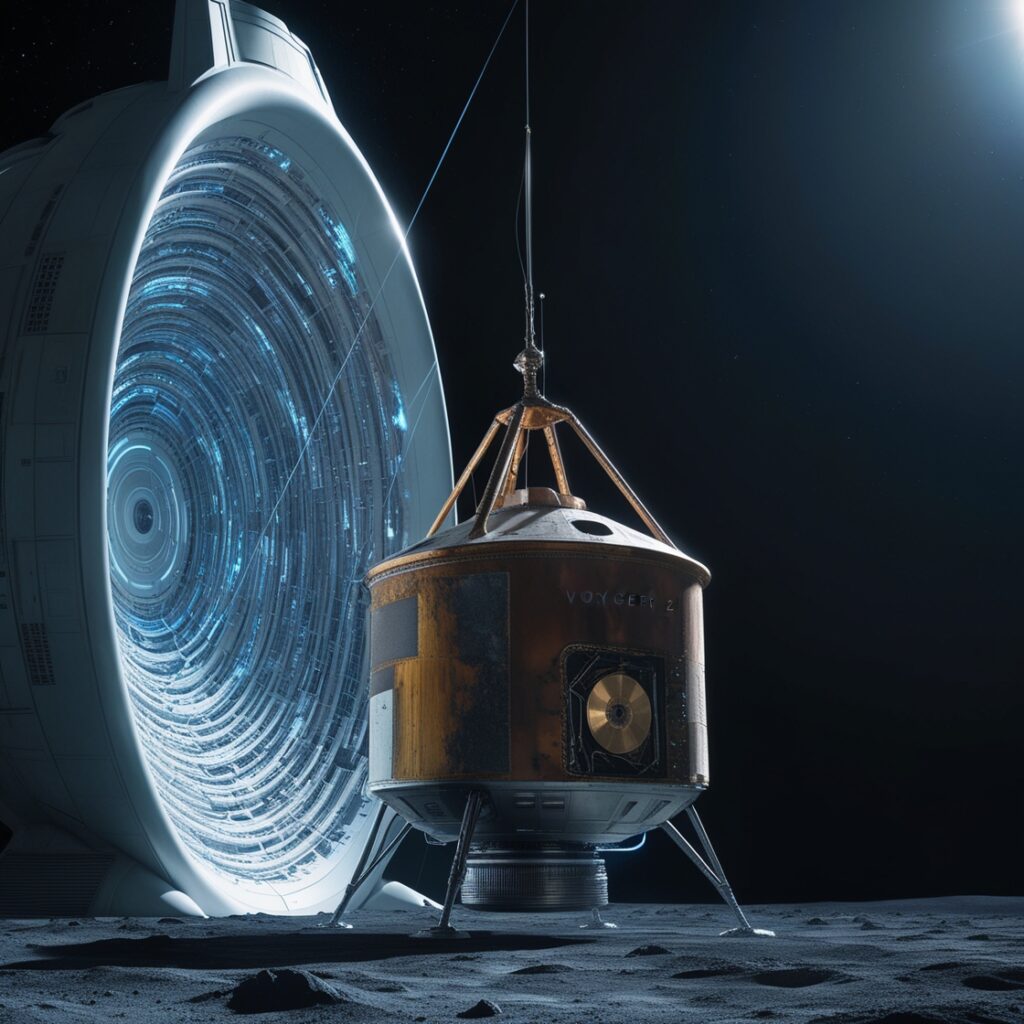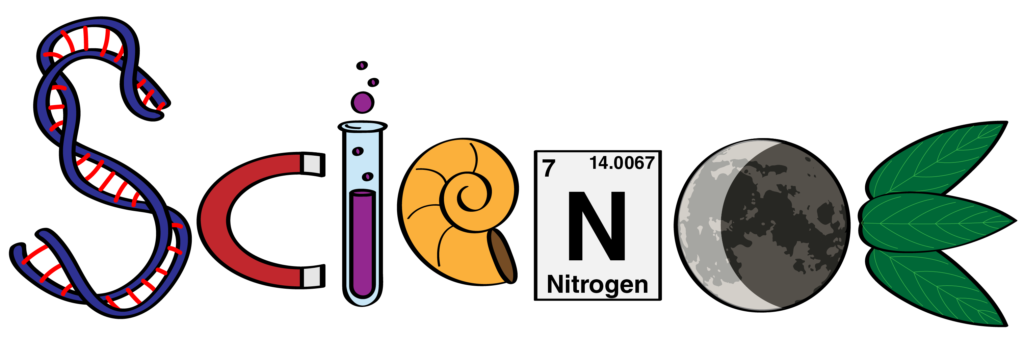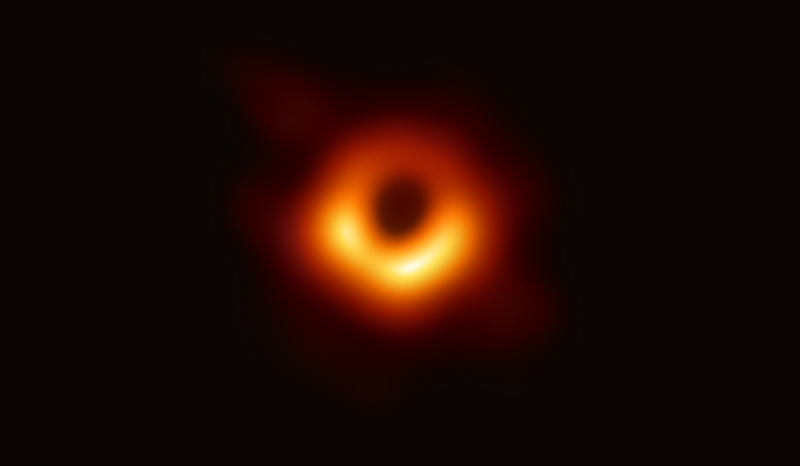My first novel, which has never been published, began with the following line:
This was by far the worst he had ever cut himself.
From there, the novel went on for about 200,000 words, mostly about how tortured I was in my twenties and how I felt feelings and had thoughts that none of you mere mortals could possibly understand.
Did I mention that this work has never been published?
Now, there is some good stuff in this ancient manuscript of mine, and I’ve pillaged some of the better sections for other novels and short stories over the years. Plus, I learned a lot about writing from this years-long exercise, so it wasn’t a total waste of time.
And I still think that was a pretty good opening line. Hey, you know who agrees with me on that point? Artificial intelligence.
Yes, we have all seen articles and think pieces about how AI will foster creativity and allow artists to produce their best work faster, if only humans would get out of the way.
As a writer who has been known to dabble in creating web content, I have been inundated with emails from start-ups that promise their AI product will write my blog for me, redesign my website, and cook a four-course dinner for my wife and me.
These companies are basically saying, “Why write a post that expresses your thoughts on a topic, when you can have AI crank out derivative content in flat prose in mere seconds?”
Why indeed? You’ve got me there, tech bros!
To be clear, I am no Luddite. I’m intrigued with AI, especially its potential to eliminate repetitive tasks and speed up breakthroughs in science.
But I’m mystified why anyone would want a machine to write for you. Aren’t those your ideas? Why would you plaster your name on something that, by its very nature, is a hodgepodge compilation of other writers’ work?
Yes, I have posted the occasional AI-generated picture, like this beauty:
But I am always honest about the source of these images, and while I agree they can be cool, they are mere ornaments. I wouldn’t use one for, say, the cover of my next book (which is coming out later this year). For some things, you need the human touch.
Of course, maybe I am being narrow-minded, and I should buy into the hype that collaborating with AI is the next stage for writers.
So in the spirit of innovation, I asked an AI site for its reaction to the first sentence of my discarded novel. Here is the exchange:
Me — What is your reaction to the following sentence: “This was by far the worst he had ever cut himself”
AI — The sentence “This was by far the worst he had ever cut himself” effectively conveys the severity of an injury by comparing it to previous instances. It suggests that the person has a history of cutting themselves, but this particular incident is significantly more serious than any before. The use of “by far” emphasizes the magnitude of the injury, indicating that it is substantially worse. The sentence is concise and clear, immediately informing the reader about the gravity of the situation.
OK, that is very… analytical. It completely kills the vibe of the story, but it’s insightful.
So I then asked AI to actively collaborate. Here is that exchange:
Me — Write the next sentence of a story that starts with this line: “This was by far the worst he had ever cut himself.”
AI — “The blood oozed between his fingers as he clutched his arm, the sharp pain a stark reminder of his vulnerability in the vast, unforgiving wilderness.”
I gotta admit, that ain’t bad. It’s a bit adjective-heavy, and my novel took place in New York City, while according to AI, my character should have been lost in the vast, unforgiving wilderness. But maybe there’s some way to reconcile the setting. Perhaps the main character gets lost in Central Park.
In any case, I still don’t see how AI will help me write this blog. No machine can access my combination of Gen X, Latino, Midwestern upbringing, SoCal living, progressive, classic-rock and horror-movie aficionado. Then it would have to filter those influences and churn out a viewpoint that could pass for my sincerely held belief. It just can’t be done.
At least not yet.








